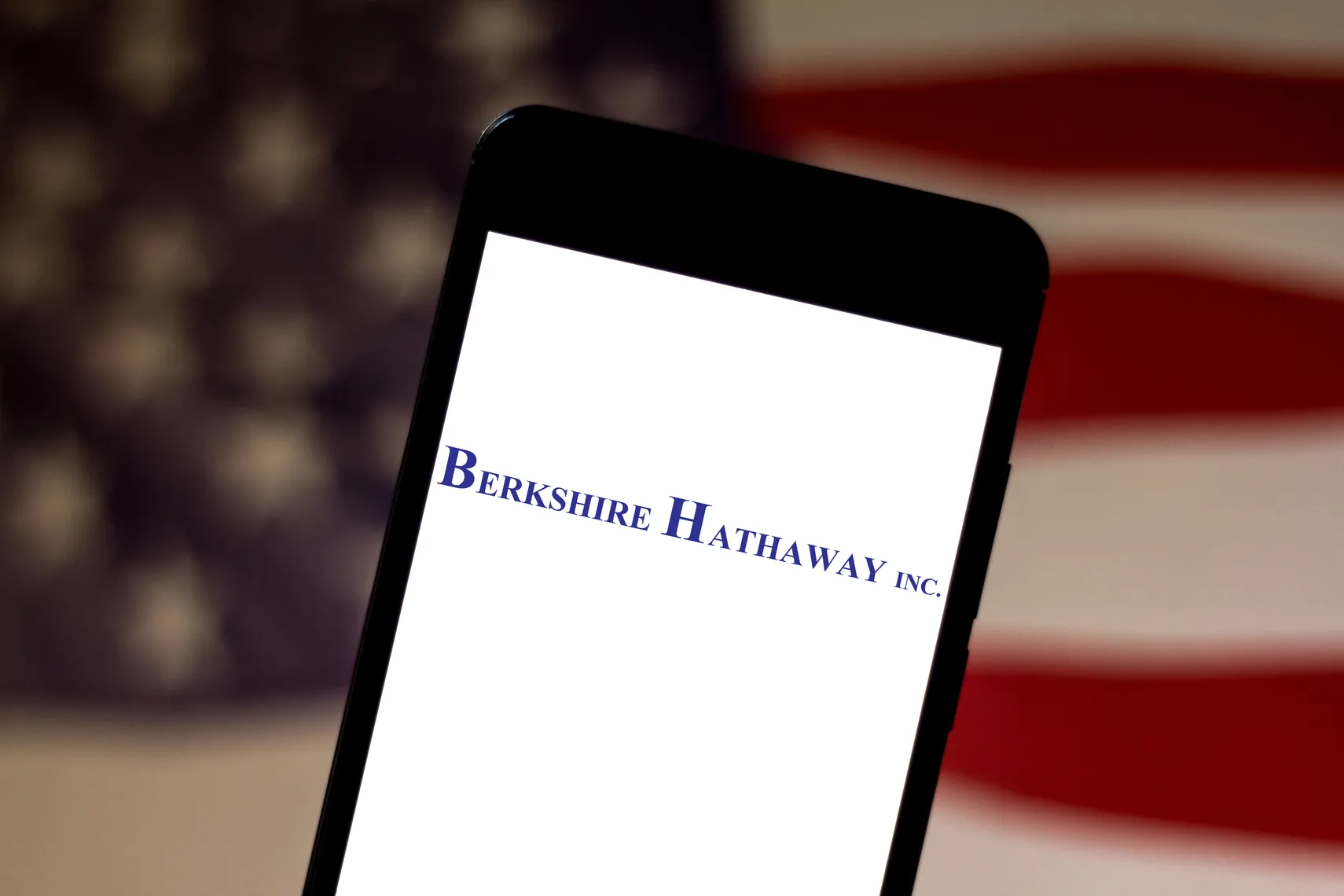Berkshire Hathaway shareholders: who owns the most BRK stock?
Berkshire Hathaway remains one of the world’s most closely followed companies, widely recognised for its long-term value investing approach.
Its shareholder structure provides insight into how both institutional and individual investors engage with one of the largest publicly listed conglomerates in the United States.
Explore who holds the largest stakes in Berkshire Hathaway, offering context on how its ownership has evolved since its beginnings as a 19th-century textile manufacturer.
What is Berkshire Hathaway?
Berkshire Hathaway (BRK) traces its origins to two 19th-century textile firms—Hathaway Manufacturing Company and Berkshire Cotton Manufacturing Company, founded in 1888 and 1889. The companies merged in 1955 to form Berkshire Hathaway.
Warren Buffett began acquiring shares in 1962, initially as a value investor looking for undervalued opportunities. After a dispute with management, Buffett took control of the company in 1965 and gradually transformed it from a textile business into a diversified holding company.
By 1985, Berkshire had exited textiles altogether, redirecting its focus to insurance, manufacturing, retail, and energy. Today, it owns more than 65 subsidiaries, including BNSF Railway, GEICO, Duracell, Dairy Queen, and Berkshire Hathaway Energy, as well as significant equity holdings in public companies.
As of late 2025, Berkshire’s equity portfolio remains heavily weighted towards Apple, American Express, Coca-Cola, Bank of America and Chevron, which together account for more than 70% of its nearly $260bn portfolio (source: Berkshire Hathaway annual report).
Past performance is not a reliable indicator of future results.
Who owns the most Berkshire Hathaway shares?
As of November 2025, Berkshire Hathaway’s shareholder base is broadly diversified between institutional investors, mutual funds, and the public:
| Type | Common stock held | % of shares outstanding | Market value |
|---|---|---|---|
| Mutual funds & ETFs | 407.60k | 28.33% | $205.13m |
| Other institutional investors | 387.36k | 26.93% | $194.94m |
| Public companies & retail investors | 643.61k | 44.74% | $323.90m |
| Total | 1.44m | 100% | $723.98m |
Retail investors mainly hold the Class B shares (BRK.B), which are priced more accessibly and represent the most common entry point for individual investors.
Source: Investing.com, 19 November 2025.
Top institutional shareholders
The largest institutional investors in Berkshire Hathaway continue to be US-based fund managers. As of the latest 2025 filings:
| # | Holder | Shares held | % of holding | Value (USD ‘000s) |
|---|---|---|---|---|
| 1 | The Vanguard Group, Inc. | 106,787 | 7.42% | 53,742 |
| 2 | BlackRock, Inc. | 76,989 | 5.35% | 38,745 |
| 3 | State Street Global Advisors, Inc. | 48,695 | 3.38% | 24,506 |
| 4 | Principal Gestão De Investimentos Ltda. | 37,177 | 2.58% | 18,710 |
| 5 | FMR LLC (Fidelity Investments) | 36,350 | 2.53% | 18,294 |
| 6 | Geode Capital Management, LLC | 26,653 | 1.85% | 13,413 |
| 7 | Bill & Melinda Gates Foundation Trust | 16,090 | 1.12% | 8,097 |
| 8 | Perfin Wealth Management Ltda. | 15,989 | 1.11% | 8,047 |
| 9 | First Manhattan Co. LLC | 15,593 | 1.08% | 7,847 |
| 10 | Norges Bank Investment Management | 14,969 | 1.04% | 7,533 |
The two largest holders—Vanguard and BlackRock—together control more than 12% of the company’s outstanding shares, primarily through index-tracking funds such as the Vanguard Total Stock Market ETF (VTI) and iShares Core S&P 500 ETF (IVV).
Top mutual fund holders
Among mutual funds, the Vanguard Index Funds remain the biggest collective holder group.
The largest fund-level holdings include:
| # | Holder | Shares held | % of holding | Value (USD ‘000s) |
|---|---|---|---|---|
| 1 | Vanguard Total Stock Market ETF | 38,732 | 2.69% | 19,492 |
| 2 | MCR-Principal Fundo de Investimento Financeiro em Ações | 37,177 | 2.58% | 18,710 |
| 3 | Vanguard S&P 500 ETF | 30,139 | 2.09% | 15,168 |
| 4 | Fidelity Contrafund | 16,111 | 1.12% | 8,108 |
| 5 | Fidelity 500 Index Fund | 15,529 | 1.08% | 7,815 |
These funds’ exposure reflects Berkshire’s status as a major component of both the S&P 500 and Dow Jones Industrial Average, making it a long-term holding for diversified equity portfolios.
Warren Buffett’s stake and leadership succession
Warren Buffett remains Berkshire Hathaway’s largest individual shareholder, with approximately 227,000 Class A shares, representing over 37% of outstanding Class A stock and about 30% of the company’s total voting power. His stake, valued at roughly $149bn as of late 2025, underlines his ongoing influence within the firm.
In recent years, Buffett has gradually converted Class A shares to Class B to support philanthropic donations, most notably to the Bill & Melinda Gates Foundation and family foundations.
Greg Abel, currently vice-chairman of Berkshire Hathaway Energy, is set to assume the role of CEO by the end of 2025, as Buffett continues to focus on succession and philanthropy initiatives.
Create an account Open a demo account